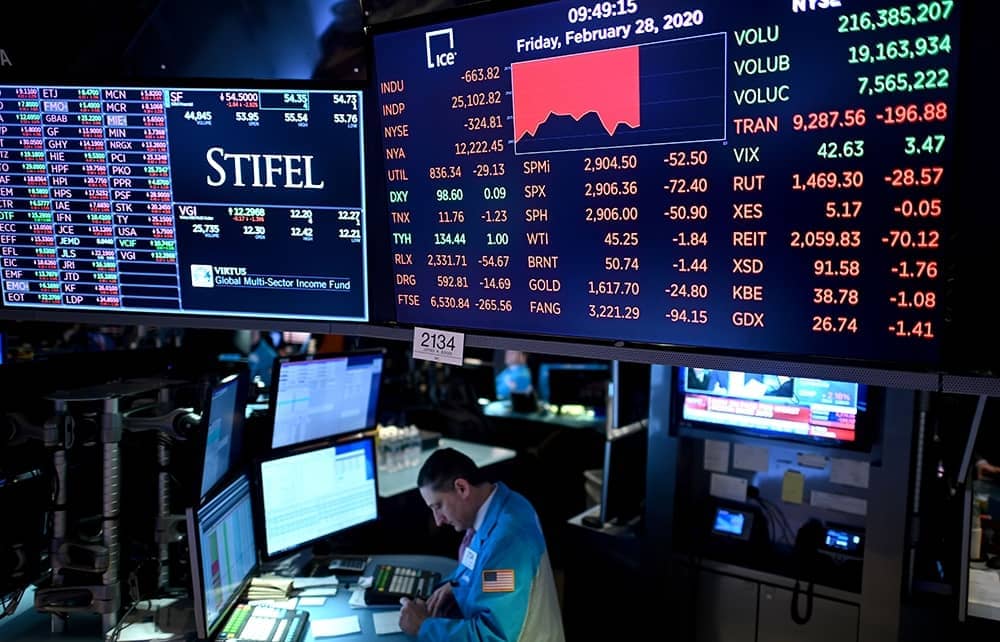We live in discombobulating times, economically speaking. We know we’re descending into the highest inflation for half a century and an almost certain recession. But we don’t know quite how painful it’s going to be and we don’t know how to apportion blame between bad decisions and ‘black swans’. Clearly the coming train crash has something to do with the Covid pandemic and quite a lot to do with the madness of Vladimir Putin. But what if economic prospects had been fundamentally damaged, especially for the most vulnerable, by policy responses to the previous crisis, namely the ultra-low interest rates and money printing deployed after the near collapse of the global banking system in 2008?
That is the question approached by the former investment manager Edward Chancellor in The Price of Time, through a scholarly perspective of the history of interest and credit since their known origins in ancient Mesopotamia. To compress a long story to its essence, the concept of interest for savers can be understood as a reward for abstinence – that is, for deferring consumption to a later date – while the interest received by lenders is reward for the anxiety of not knowing whether their money will ever be repaid. In theory, there must be a natural interest rate, satisfactory to both sides, at which supply meets demand. But when governments or central banks intervene in that market mechanism to impose interest rates that are unnaturally low – in the hope of alleviating short-term economic crises – the wider and longer effects are far from benign.
The economist Nouriel Roubini called policymakers’ response to the 2008 crash ‘socialism for the rich, the well-connected and Wall Street’. The already wealthy saw their assets – including property, shares and fine art – soar in value. Income inequality widened as executives and fund managers collected bigger bonuses for performance that looked good only because borrowing was cheap. But small savers received negative real returns. The young could not afford to buy homes and the very poor were still susceptible to the age-old wickedness of usury, or excessive interest, charged by so-called payday lenders.
Meanwhile, businesses and smaller countries piled on debt, increasing the likelihood of future trouble. Likewise, investors ventured into dangerous territory in search of higher yields. Even current shortages of many kinds of physical goods may have been exacerbated by low rates, because companies used easy credit to establish longer global supply lines.
And now, on top of all these baked-in faults, a new great inflation has taken off – too recently, unfortunately, for Chancellor to do more than quote another economist, Claudio Borio, to the effect that we may be facing an ‘epoch-making seismic rupture’, combining a cost-of-living spike with stagnant growth and a wave of trade protectionism as globalisation unravels.
Grim prospects, then – but catalogued by Chancellor in highly readable, often entertaining style. When I reviewed Devil Take the Hindmost, his admired 1999 ‘history of financial speculation’, I praised it for being ‘much more fun than the previous standard work on the subject, Charles P. Kindleberger’s Manias, Panics and Crashes’. I can add that this new work is a rollicking read in comparison with Thomas Piketty’s Capital in the Twenty-First Century, the publishing sensation of the last decade which tackled adjacent subject matter.
Indeed, one of the incidental pleasures of The Price of Time is its short, sharp dismissal of the left-leaning Piketty’s ‘law’ that inequality rises whenever the return on capital exceeds the growth rate of an economy. Chancellor argues almost the opposite, that ‘inequality is likely to increase when the rate of interest is held below the economy’s growth rate’ – and does so in a boxed-out 500-word aside that’s a cheeky riposte to the 200,000-word Piketty thesis which was famously ‘more bought than read’.
That squib apart, The Price of Time is leavened throughout by touches of humour and an eye for historical curiosities drawn from a huge range of sources. If I have any criticism at all, it is that the book ends rather untidily, jumping from praise for the small-state libertarianism of Friedrich Hayek to brief accounts of the impact of Covid lockdowns and the potential benefits of cryptocurrencies.
There is of course the problem for any author of knowing when to end a deeply researched and long considered project while current events keep adding to the story. But Chancellor’s central argument might have been reinforced by ending on a quote from Hayek’s The Road to Serfdom that appears a few pages before the slightly breathless postscript:
The more we try to provide full security by interfering with the market system, the greater the insecurity becomes; and, what is worse, the greater becomes the contrast between the security of those to whom it is granted as a privilege and the ever increasing insecurity of the underprivileged.







Comments